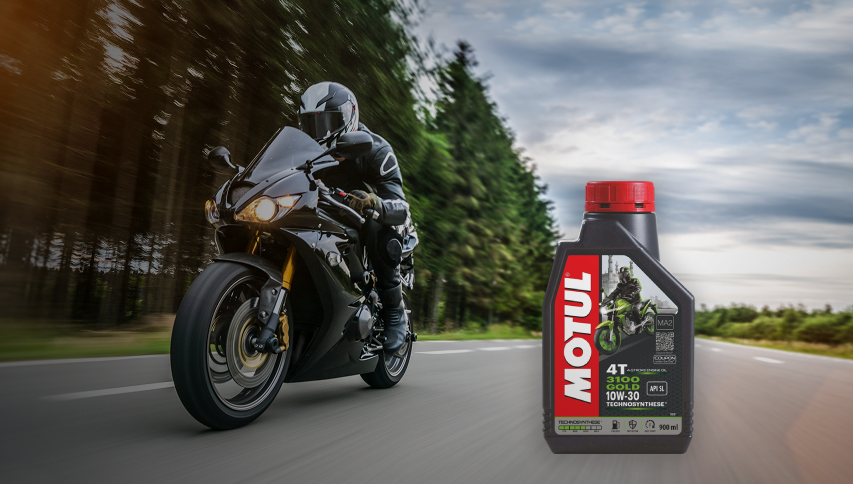Cold Weather and Oil Changes: What You Need to Know

Winter is upon us and Indian winters can be challenging circumstances for your car’s engine. Every vehicle’s engine relies on heat generation to operate effectively. And cold weather circumstances during winter can affect your engine performance in many ways, from reduced fuel efficiency to slower acceleration. Especially in circumstances where you use your car’s features more often, such as the heating system, or heated seats in case your car has them. However, what cold weather affects the most is your car’s engine oil. It is essential to change your car’s engine oil at least once in the Winter during cold weather circumstances. Here’s why.
How Does Cold Weather Affect Engine Performance?
When temperatures dip, the metal parts of your engine contract, leading to tighter clearances between moving components. This increased friction can cause excessive wear and tear, reducing engine efficiency and potentially leading to costly repairs.
Moreover, cold weather can thicken engine oil, making it less effective at lubricating engine components. This can result in slower oil circulation, delayed lubrication, and increased stress on the engine during startup.

What is the Impact of Cold Weather on Engine Oil
Engine oil plays a vital role in keeping your car’s engine running smoothly. It lubricates moving parts, reduces friction, and dissipates heat. However, as temperatures drop, engine oil can become thicker and less fluid. This increased viscosity can hinder its ability to flow efficiently through the engine, delaying lubrication and causing excessive wear.
To combat this issue, it’s essential to use the right type of lubricant oil. A high-quality, synthetic blend or fully synthetic engine oil is designed to withstand extreme temperature fluctuations. These oils maintain their fluidity in cold weather, ensuring optimal lubrication and protection for your engine. Motul is among the most revered engine oil companies in the world, and their range of synthetic engine oil solutions is among the best in the market.

How to Safely Perform a Cold Start
To minimize the impact of cold weather on your car’s engine, follow these tips for safe and efficient cold starts:
- Pre-heat the Engine (If Possible): If your car has a remote starter or an in-car heater, use it to warm up the engine for a few minutes before starting.
- Avoid Revving the Engine: Once the engine starts, resist the urge to rev it excessively. Let it idle for a few minutes to allow the oil to circulate and warm up.
- Gentle Acceleration: When you’re ready to drive, accelerate gradually and avoid sudden bursts of speed. This will allow the engine to reach operating temperature safely.
- Short Trips: If you frequently make short trips in cold weather, consider longer drives to allow the engine to reach its optimal operating temperature.
- Regular Oil Changes: Schedule regular car engine oil changes to ensure your engine is protected with fresh, high-quality oil.

Conclusion
By understanding the effects of cold weather on your car’s engine and taking proactive measures, you can safeguard your vehicle’s performance and longevity. Using the best engine oil solution for your vehicle, performing regular oil changes, and following safe cold-start procedures are essential steps to keep your car running smoothly, even in the harshest winter conditions. Whether you’re looking at solutions for your car, or bike engine oil, Motul is among the most reliable brands in the market and you can’t go wrong with their products.







